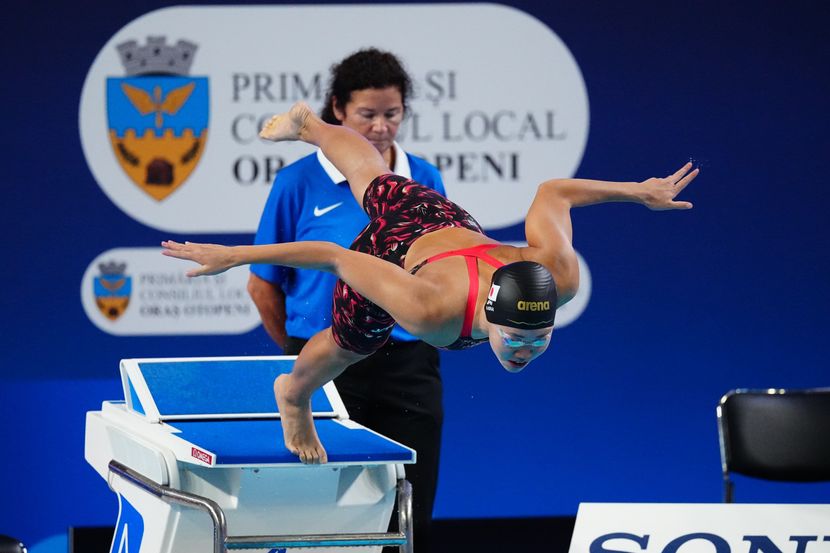
World Aquatics highlights the progression of junior swimming performances at the 2025 World Junior Swimming Championships, showcasing standout athletes and key trends across all 42 medal events over six competition days in Otopeni, Romania.
This marks the fourth publication in World Aquatics’ results report series, following last year’s editions on the Paris 2024 Olympic aquatic sports and the World Aquatics Swimming Championships (25m) in Budapest, as well as the sport performance reports from the World Aquatics Championships – Singapore 2025.
Beyond fan engagement, these reports also support World Aquatics’ technical decision-making by offering detailed analyses of performance trends and statistics.
The full event-by-event report from the World Aquatics Junior Swimming Championships – Otopeni 2025 is available HERE.
Stroke by Stroke: Otopeni 2025 Swimming Results Highlight Rising Performances
World Junior Records and Championship Records reset across multiple relay and individual events
The events in Otopeni came to their record-breaking peak during the men’s and women’s 4x100m Freestyle Relay. First, a Neutral Athletes B quartet of Mikhail Shcherbakov, Roman Zhidkov, Egor Proshin and Goordii Zlotnikov lowered the men’s World Junior Record to 3:35.53. The United States women comprised of Rylee Erisman, Liberty Clark, Julie Mishler and Lily G Kong, then followed up by resetting the World Junior Record mark in the same event at 3:15.38.
All told, the Championships in Otopeni saw three World Junior Records broken and one tied. The event also saw the resetting of the Championships Records (CR), with 16 new CRs set and another tied—a testament to the sport’s rising global standard.
Standout Performers | Emerging talents deliver record swims and competitive benchmarks
Individual breakthroughs showcase both consistency and future Olympic potential
One of the most consistent high achievers in Otopeni was 16-year-old American sprinter Rylee Erisman, who lowered the Championship Record in the women’s 100m freestyle in the heats, semifinals and final, ultimately setting the mark at 52.79, a time that would have won her bronze at this year’s World Championships in Singapore. Erisman left Otopeni with an impressive medal haul: five golds (two individual, three relay) and three silvers (one individual, two relay).
The junior meet also offered timely context for the recent addition of the 50m stroke events to the Olympic programme for Los Angeles 2028. Their inclusion could extend the competitive lifespan of established stars while opening new pathways for specialists to emerge on the sport’s biggest stage.
In Otopeni, that potential was on display. Jan Malte Grafe of Germany set a World Junior Record in the men’s 50m breaststroke semifinals with his 26.95, a performance that would have ranked 12th at the 2025 World Championships in Singapore. Nikita Sheremet of Ukraine equalled the men’s 50m freestyle World Junior Record with 21.75, a time that would have qualified for the final at the 2025 Worlds.
These are only a few of the standout performances from Otopeni. The full results provide a detailed look at how junior athletes and national teams continue to progress with each edition of the Championships.